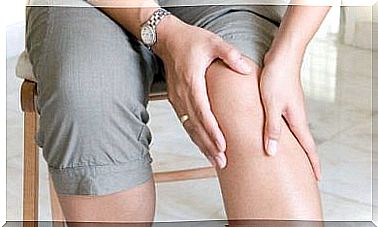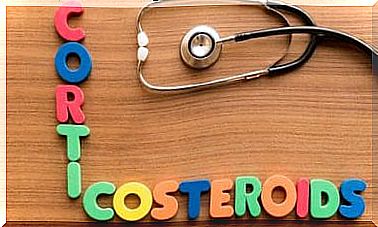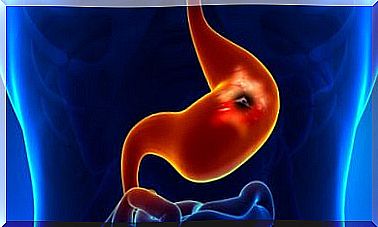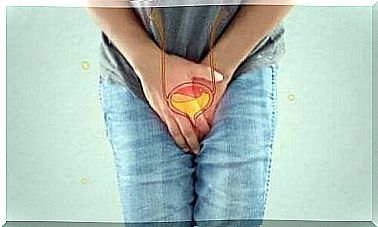What Is Gluteal Tendinopathy?
When your gluteal tendons become inflamed from an injury, the condition is known as gluteal tendinopathy. But how does it come about and what can you do about it?
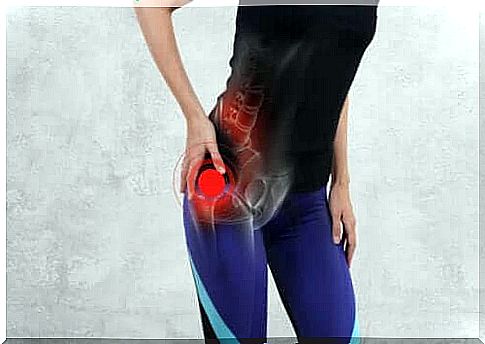
A gluteal tendinopathy, also known as “trochanteric bursitis”, is one of the causes of hip pain. It is caused by inflammation of the tendons in this area, which can be triggered by various factors. How does this bursitis develop and what can you do about it?
Usually, gluteal tendinopathy occurs as a result of repeated microtrauma. Because of this, many athletes, such as marathon runners, often suffer from this inflammation.
Due to the constant friction in this area, it is excessively stressed. As a result, the bursa becomes inflamed. However, not only athletes suffer from trochanteric bursitis, there are also other causes for its development.
Who Can Develop Gluteal Tendinopathy?
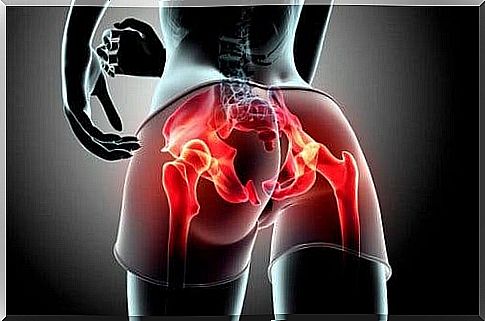
If you are an athlete, run a marathon, or play soccer, then you are predisposed to gluteal tendinopathy. But there are other factors that increase your risk of developing this inflammation. Let’s look at some of these factors. With the right treatment, you can prevent this from developing into gluteal tendinopathy.
- Obesity. The pressure in this area from the excess fat can encourage the development of bursitis.
- Fibromyalgia. The muscle stiffness due to this condition can lead to friction of the area and the development of gluteal tendinopathy.
- Hip arthritis. Hip arthritis, which results in joint inflammation in the hips, can also promote the development of this bursitis.
- Osteoarthritis of the knee. In addition, cartilage degeneration can also result in such tendinopathy.
Basically, if any of these factors apply to you, you are at an increased risk of developing this type of inflammation. However, that does not automatically mean that it will arise. Even so, you should be aware of the symptoms that suggest trochanteric bursitis.
Gluteal tendinopathy: symptoms

If you have gluteal tendinopathy, you will experience a number of symptoms, which can be confused with other problems.
We therefore recommend that you always consult a doctor, even if the symptoms are not very serious at the beginning. This way, you can prevent these symptoms from worsening over time. It also allows you to start treatment as early as possible and prevent the inflammation from worsening. Below are some of the most common symptoms:
- Cracking and pain in this area
- Joint stiffness in the hip
- Having trouble walking without noticing any other discomfort
- Pain that extends to the front of the thigh
- A feeling of pain that extends into the inside of the thigh
- Pain near the sciatic tuberosity (sit bones) that extends to the buttocks.
As you can see, hip pain is the main symptom that occurs. Sometimes they are accompanied by a cracking noise.
Whether the pain extends to the front or back of the thighs or to the inner thighs, sometimes even knee pain, depends on the activities and movements that created the friction and, as a result, the inflammation of the bursa.
For example , patients who have frequent groin pain that extends to the front of the thigh experience that pain when they overstretch the hip. People who spend a lot of time sitting also often suffer from the latter symptoms on the list.
Treatment options

If doctors diagnose gluteal tendinopathy in a patient (through an x-ray, ultrasound, gammography, tomography, or MRI), they will prescribe a diet for the person if obesity is the cause of the bursitis. In addition , they often prescribe analgesics to relieve pain and inflammation as well.
Your doctor will also recommend certain exercises to strengthen your buttocks and hips. He will also advise you not to sleep on the side affected by tendinopathy. Because that would only make the condition worse.
In some cases, fluid is drawn from the bursa or a mixture of anesthetics and corticosteroids is injected to treat the inflammation.
What can you do if you have symptoms suggestive of gluteal tendinopathy?
Now you know a little more about gluteal tendinopathy. So if you suffer from any of the above symptoms, don’t hesitate to see a doctor.
Your doctor will do the necessary exams and tests to prevent further pain and discomfort. Gluteal tendinopathy can be treated well. Have you ever suffered from hip bursitis yourself?
